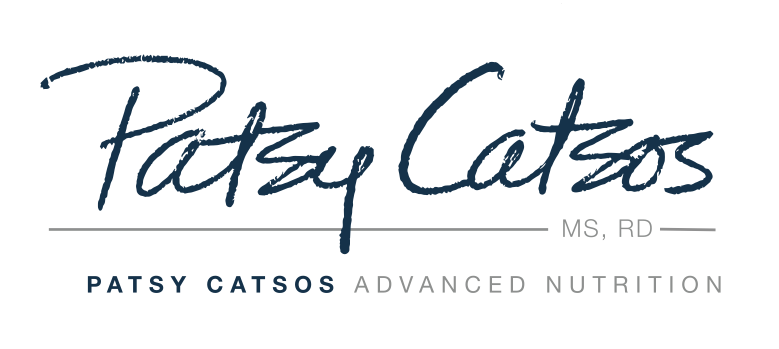Q. I’ve read that People on low-FODMAP diets should not use sucralose. But in your book, sucralose is listed as a low FODMAP ingredient. Can you clarify?
Sucralose is a popular artificial sweetener. Is it a FODMAP?
A. The short answer: Sucralose is not a FODMAP.
Three of the top 6 search terms that brought people to my web site in the last 30 days include the word “sucralose”. Wow! But, I guess I shouldn’t be so surprised. People want to consume less sugar, but they don’t want to give up sweet tasting foods and beverages! It’s human nature to want it both ways. And it becomes harder to escape this food additive, as food manufacturers rush to meet demand for “no added sugar” consumers.
In answer to the question, I’m not aware of any evidence that sucralose is a FODMAP, acts as a FODMAP or is a source of FODMAPs. To my knowledge there is no FODMAP-specific reason to avoid it. (When sucralose is combined with other ingredients, they should be considered separately as a source of FODMAPs.)
Why isn’t Sucralose a FODMAP?
A FODMAP is a short chain carbohydrate which is rapidly fermentable and osmotically active. FODMAPs are either poorly absorbed in some individuals or are not expected to be absorbed as a normal part of human physiology. Small amounts of FODMAPs in food don’t cause symptoms of intolerance, while larger amounts may do so in sensitive individual.
Sucralose is by current definition NOT a FODMAP because it is not a carbohydrate. Carbohydrates molocules consist of only of carbon, hydrogen and oxygen. Though it is derived from sucrose, sucralose is not a carbohydrate. It is produced by chlorination of sucrose, and it therefore contains chlorine atoms, which excludes it from being a carbohydrate.
It is a small molecule, and it is poorly absorbed. But even if it was, for the sake of argument, rapidly fermentable or osmotically active, it would be unlikely to act as a FODMAP because it is used in minute quantities in food. It is 300 times sweeter than sucrose.
Non-FODMAP concerns
That being said, there are compelling non-FODMAP concerns about sucralose. Some of these concerns include effects on digestion and risk for inflammatory bowel disease. In animal studies (and one human study), there is evidence that sucralose affects gut hormones and the gut microbiome. Animal and human studies suggest it could promote inflammation.
When patients ask me about sucralose, I tell them they are better off using small amounts of sugar, pure maple syrup, or honey instead. Though the science isn’t all in on the safety of sucralose, these widely available, natural alternatives are a much safer bet. Better yet, cultivate a preference for less sweetened or unsweetened foods and beverages.
Originally published on 4/22/2019. Revised and republished on 4/22/2024.
This page may contain affiliate links. We participate in the Amazon Services LLC Associates Program, an affiliate advertising program designed to provide a means for us to earn fees by linking to Amazon.com and affiliated sites.

